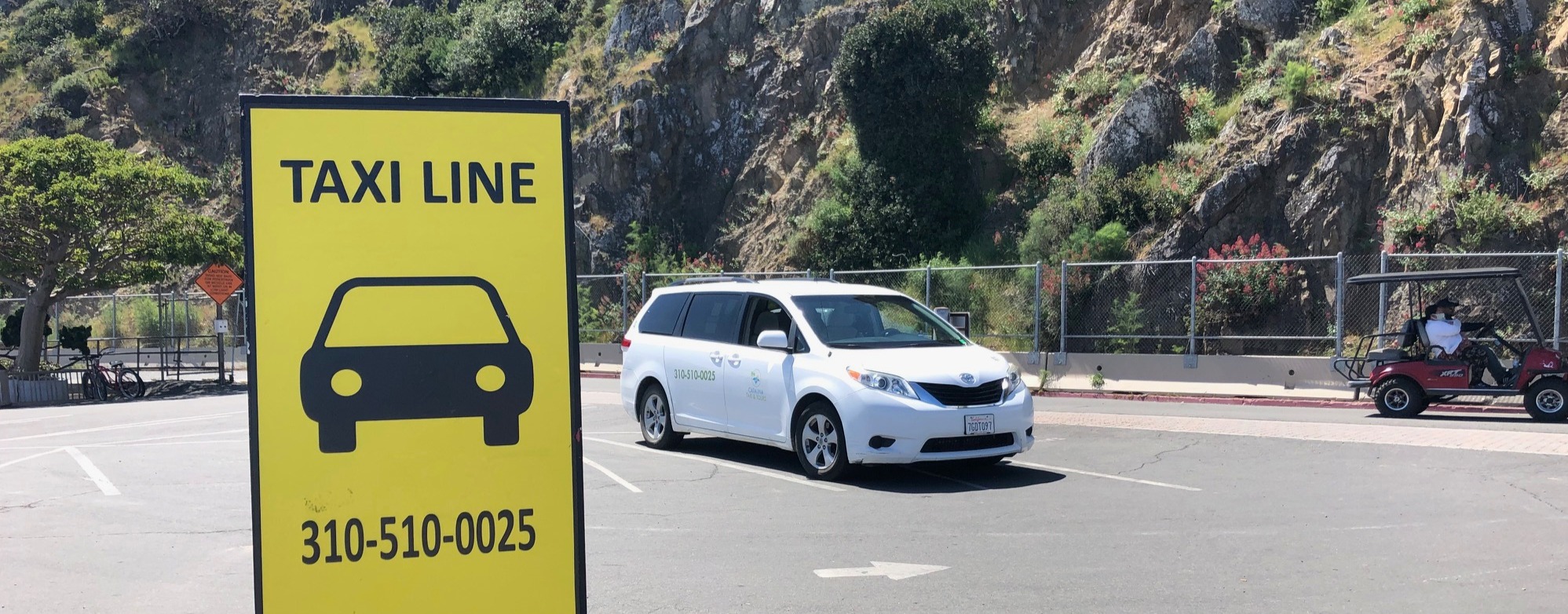
In the UK we have a tendency to work long hours, not take much holiday and feel unsatisfied with the work that we do. Of course, there’s an element of dissatisfaction in almost every job, but if you’ve ever thought that you’d like a change of scenery and a new challenge then you will have probably considered working for yourself.
Among the many possibilities there are for self-employed people, one which constantly reoccurs is becoming a taxi driver. It’s certainly a business where there’s lots of demand, and it’s a definite change in lifestyle if you’re used to sitting behind a desk for eight or nine hours a day. However, is it realistic and could you actually handle being a taxi driver?
Table of Contents
Are you Qualified?
Most cab companies will have their own set of rules when it comes to qualifications, and many of them will expect a clean driving license and, potentially, some advanced driver training. If you’re looking to go it alone, you’ll still need a good driving license and to register as a cab driver, which you will also need to show your taxi insurance provider before you start work.
Along with the paperwork, you’ll also need the intangible qualifications most cabbies have. At least a basic knowledge of the area you’ll be working in is essential, as even with a Sat Nav your customers are paying for your expertise. Good customer service is becoming increasingly important in the cab driving world too, so if you don’t consider yourself a people person it might not be the job for you!
Flexibility…to a Point
One of the main appeals of driving a cab is that you can, to some extent, choose your working hours and fit them around other commitments. Cab driving can also allow you to earn while studying, spend more time with your family and even gives you the ability to pick and choose your holidays.
However, if you want to be earning good money as a taxi driver then you are to some extent dictated by the market. In London, the rush for taxis is usually between 10pm and 3am, meaning that you could well be working night shifts for much of your career. You’ll also be somewhat tied to big events: the Olympics for example ended up a lucrative affair for many taxi drivers.

Job Security
While your job will always be there as a taxi driver just as long as there’s demand, you do forgo many of the benefits of working for a larger organisation. Even cabbies who are affiliated with a firm are usually self-employed, which means that sick days, holiday pay and compassionate leave will all be things of the past.
Your income is also tied up to your working hours, as if you work a little less than you ought to you won’t bring home the same amount of pay each month. While this can be a great incentive to work hard, it can also be very demanding if you have a few difficult weeks.
Upfront Costs
One of the most difficult things about being a cab driver is finding the money to pay for your cab upfront. While it’s true that many drivers rent their vehicles, this can still cost around £200 per month and often requires a large upfront deposit. It will, of course, be much more lucrative if you own your own vehicle, but this could cost you well over £30,000 a year.
On top of this, you may also need to take some kind of ‘entrance exam’ to the taxi driving profession. Yes, there is one, and it’s called ‘The Knowledge’ if you’re a London cabbie. It can take around three years to pass and while it’s not a requirement, it’s very difficult to navigate around London without it. It’s not going to be an expensive process in itself, but it is a huge time commitment and requires a large amount of studying: think of it as a Masters degree!
Becoming a Hull taxi driver is definitely an option if you’re looking for a career change, but it’s not something you should go into lightly. While in some areas of the country a Sat Nav may be all you need, there’s still a lot of learning to be done for taxi drivers. With commitment and passion however, it’s certainly something that can help you change your life and work for you.


